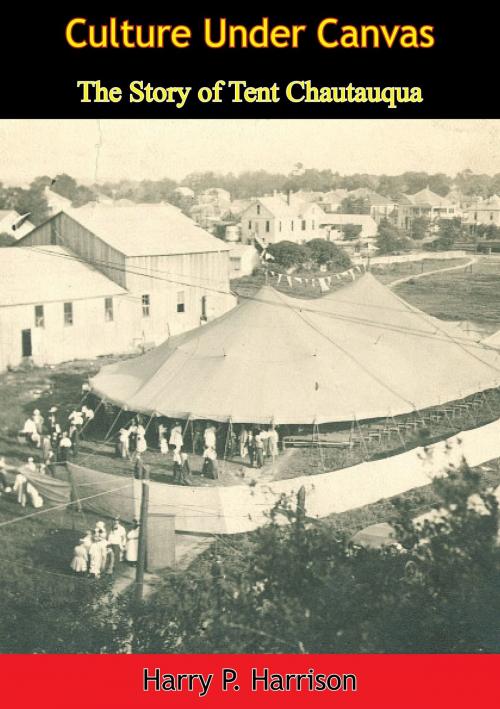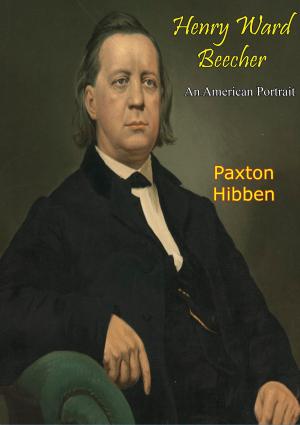Culture Under Canvas
The Story of Tent Chautauqua
Nonfiction, History, Military, Other, United States, Americas, 20th Century| Author: | Harry P. Harrison, Karl Detzer | ISBN: | 9781787206151 |
| Publisher: | Papamoa Press | Publication: | July 11, 2017 |
| Imprint: | Papamoa Press | Language: | English |
| Author: | Harry P. Harrison, Karl Detzer |
| ISBN: | 9781787206151 |
| Publisher: | Papamoa Press |
| Publication: | July 11, 2017 |
| Imprint: | Papamoa Press |
| Language: | English |
In 1904, a showman and Redpath Leyceum Bureau manager named Keith Vawter, put the main forms of entertainment of the time—comedy and culture—on the same platform in a travelling tent, “marrying the respectability of the Lyceum to the spangles of the stage,” and named the union “Chautauqua,” after an institution established permanently on Chautauqua Lake, New York.
For the next thirty years, Chautauqua tents rolled back and forth and up and down America, pitching in pastures, school yards and courthouse squares. “They offered not only the soaring oratory of a William Jennings Bryan, but also music, drama, magic, art lessons, cooking classes, low comedy and high-minded debates. Millions of eager listeners under the “big top” canvas, hot with summer’s sun, perspired freely and soaked up both erudition and amusement.”
This book, first published in 1958, takes a close look at the movement that allowed men to talk freely from this new informal platform, abandoning nineteenth-century taboos.
In 1904, a showman and Redpath Leyceum Bureau manager named Keith Vawter, put the main forms of entertainment of the time—comedy and culture—on the same platform in a travelling tent, “marrying the respectability of the Lyceum to the spangles of the stage,” and named the union “Chautauqua,” after an institution established permanently on Chautauqua Lake, New York.
For the next thirty years, Chautauqua tents rolled back and forth and up and down America, pitching in pastures, school yards and courthouse squares. “They offered not only the soaring oratory of a William Jennings Bryan, but also music, drama, magic, art lessons, cooking classes, low comedy and high-minded debates. Millions of eager listeners under the “big top” canvas, hot with summer’s sun, perspired freely and soaked up both erudition and amusement.”
This book, first published in 1958, takes a close look at the movement that allowed men to talk freely from this new informal platform, abandoning nineteenth-century taboos.















